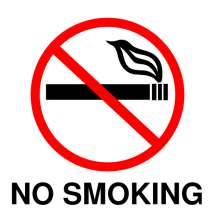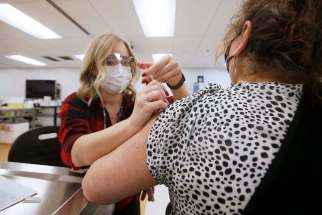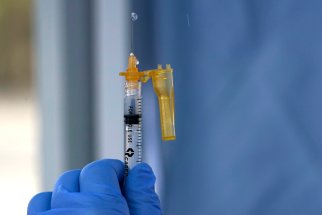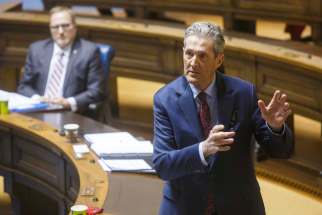Pick up the phone, vaccine task-force leader tells health workers 'We need you to stay healthy,' Reimer says, but unions cite litany of frustrations in accessing shot
Read this article for free:
or
Already have an account? Log in here »
To continue reading, please subscribe:
Monthly Digital Subscription
$0 for the first 4 weeks*
- Enjoy unlimited reading on winnipegfreepress.com
- Read the E-Edition, our digital replica newspaper
- Access News Break, our award-winning app
- Play interactive puzzles
*No charge for 4 weeks then price increases to the regular rate of $19.00 plus GST every four weeks. Offer available to new and qualified returning subscribers only. Cancel any time.
Monthly Digital Subscription
$4.75/week*
- Enjoy unlimited reading on winnipegfreepress.com
- Read the E-Edition, our digital replica newspaper
- Access News Break, our award-winning app
- Play interactive puzzles
*Billed as $19 plus GST every four weeks. Cancel any time.
To continue reading, please subscribe:
Add Free Press access to your Brandon Sun subscription for only an additional
$1 for the first 4 weeks*
*Your next subscription payment will increase by $1.00 and you will be charged $16.99 plus GST for four weeks. After four weeks, your payment will increase to $23.99 plus GST every four weeks.
Read unlimited articles for free today:
or
Already have an account? Log in here »
Hey there, time traveller!
This article was published 04/03/2021 (1741 days ago), so information in it may no longer be current.
The head of Manitoba’s vaccine task force wants health-care workers to roll up their sleeves for a COVID-19 shot, but frustration is mounting over their access to it.
During a news briefing Wednesday, Dr. Joss Reimer encouraged them to book appointments.
“People in these fields are often drawn to helping and ‘healthing’ others and might want to make sure that others who they perceive to be more at risk to be immunized first, but there’s a reason why we put you at the front of the line,” Reimer said.
“We need you to stay healthy, we need you to stay well, we need you to protect yourself and the people that you care for by getting the vaccine.”
Reimer said her first dose is scheduled this week and wants to see other health care providers take the opportunity to get immunized.
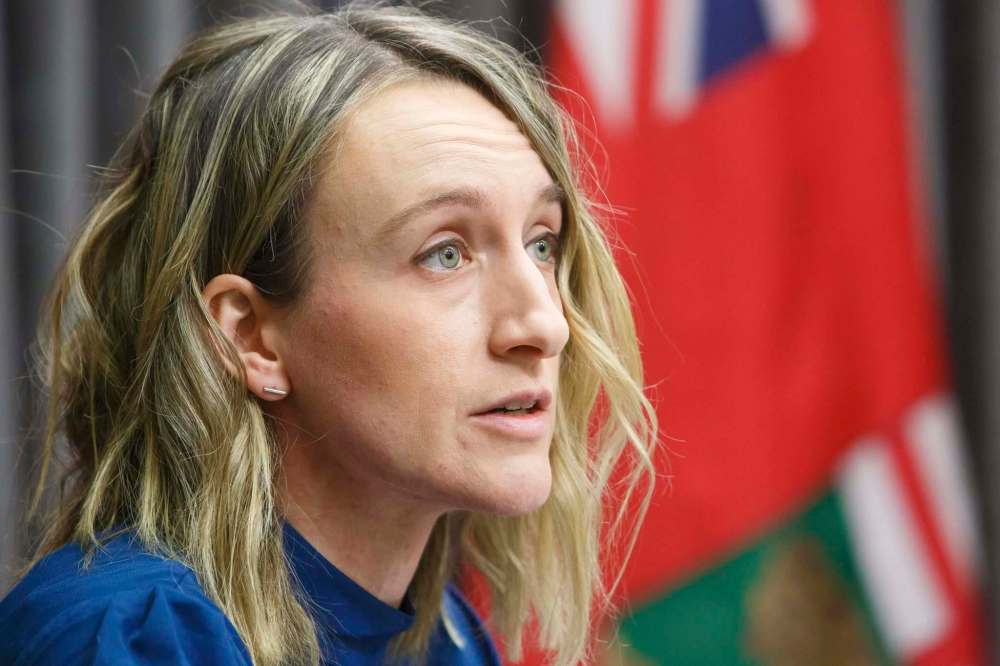
“A while ago, when vaccine supplies were even more limited, I had asked health-care providers to do an honest self-assessment of whether or not they met the intent of our eligibility criteria before making an appointment,” she said.
“I also want to encourage health-care providers, home-care workers, lab staff, correctional officers, staff in congregate-living facilities — all of the groups who are now eligible — to do that assessment and then pick up the phone and make an appointment.”
However, Canadian Union of Public Employees Local 204 president Debbie Boissonneault said health-care workers are feeling frustrated and put out by their booking attempts thus far.
“People have tried, they thought it was their time then they were told ‘no.’ And they just haven’t bothered going back,” the union president said. “It’s been very frustrating to the people who work in the front line.”
She said among the 14,000 health-care workers her local represents there is plenty of confusion about who can get the vaccine and uncertainty about the products, amplified by a lack of communication from employers and recent changes on how doses are scheduled.
“The mass confusion and frustration amongst the people who can and cannot get it is overwhelming to them,” she said. “And I think some people say when (the province figures) it all out and they have a better process and it’s easier to get, I’ll go get it.”
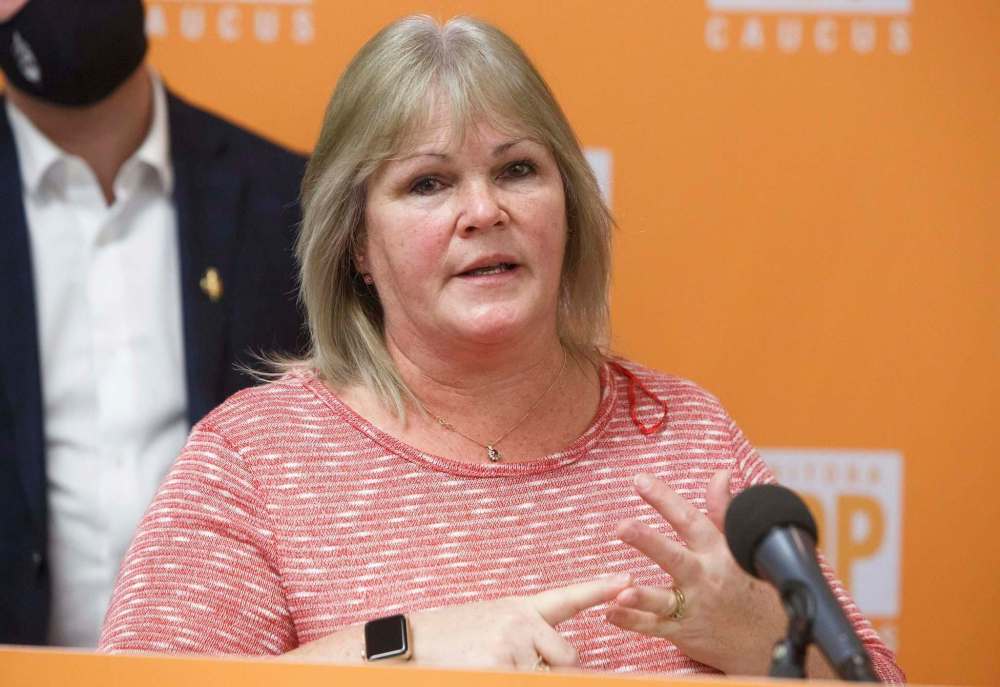
Officials have not disclosed how many eligible health-care workers have received a dose of the vaccine, despite moving into the second stage of the province’s priority populations for health-care staff.
The Free Press has, since late January, repeatedly asked the province to provide its estimates for each vaccine priority population, including health-care workers. A government spokesperson said Thursday the requested information could not be provided by deadline.
The province was also unable to say Thursday how many health-care workers in the first or second stages of the vaccine rollout have received a first dose. That information was still being analyzed, the spokesperson said.
Manitoba Nurses Union president Darlene Jackson said based on anecdotal reports, uptake of the vaccine among nurses has been strong, although the union has not collected data.
The MNU represents about 12,000 nurses.
“Overwhelmingly, I’ve heard from nurses who want to be in line, who want to be in the group that’s up next,” Jackson said. “I really have not heard that there’s been nurses who have declined or have deferred their COVID vaccine.”
However, Jackson said she worries that some members may have come up against obstacles.
Health-care workers must book their shot at a mass vaccination clinic and, for nurses, that means going on a day off or using their income protection if the appointment occurs during a regularly scheduled shift, she said.
“We’re in a critical nursing shortage. Days off are few and far between for nurses,” she said.
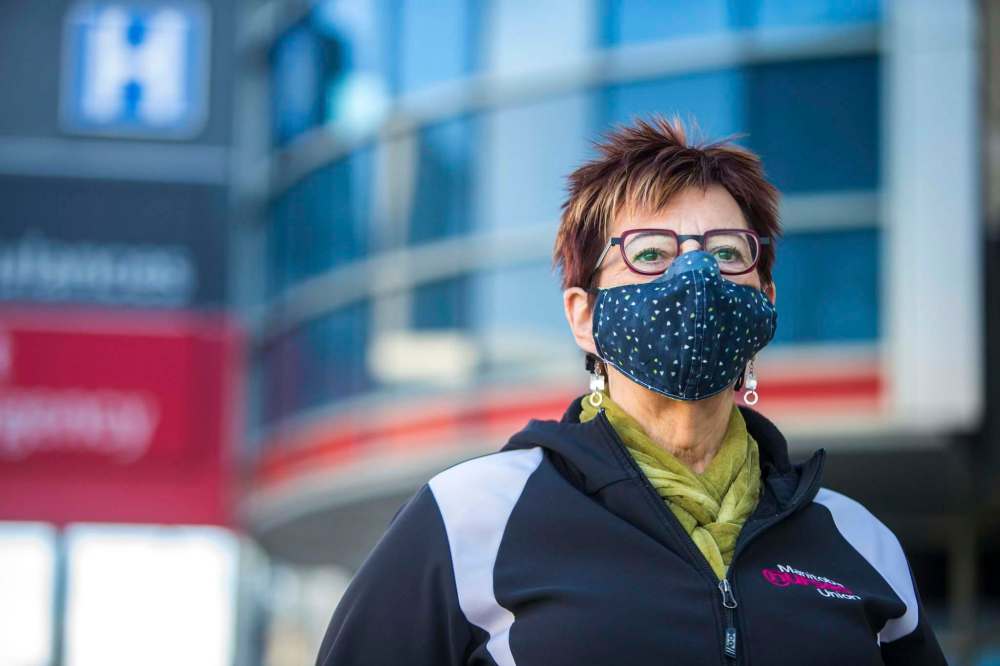
And access is even more of an issue in rural areas, where many are required to travel hours to the nearest supersite clinic, Jackson said.
“For nurses, the biggest issue is they’re working flat-out, they’re skipping breaks, they’re eating on the run at work, the workload is heavier than it’s been, so a day off needs to be a day of rest,” she said.
Jackson said the previous arrangement in December, of providing vaccines to health-care workers at the Health Sciences Centre, meant staff could visit during a break to get their shot.
She said similar options should be made available going forward, especially as more vaccines are approved.
“The more barriers that are in place, the more chance there is of nurses saying maybe ‘I’ll do it next week,” she said. “If those barriers were reduced, we’d see every nurse that could possibly be there, be there.”
As of Thursday, more than 80,000 COVID-19 vaccine doses had been administered in Manitoba and 29,583 people had been fully immunized with two doses (including more than 7,800 personal-care home residents). Another 23,413 people have received one dose.
danielle.dasilva@freepress.mb.ca

Our newsroom depends on a growing audience of readers to power our journalism. If you are not a paid reader, please consider becoming a subscriber.
Our newsroom depends on its audience of readers to power our journalism. Thank you for your support.


